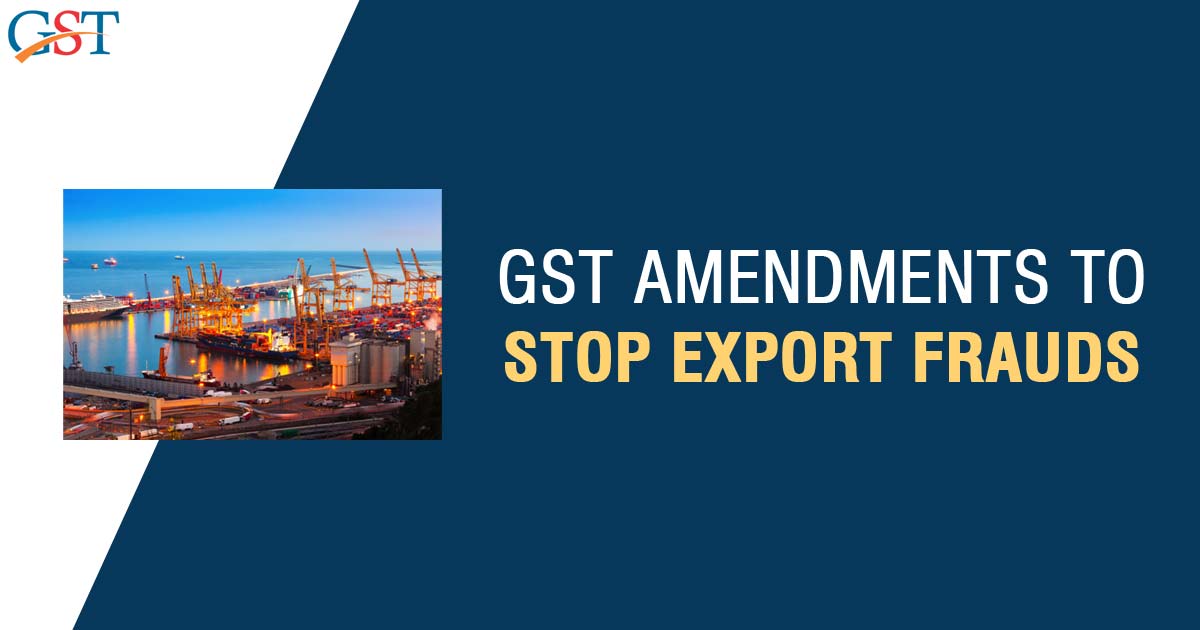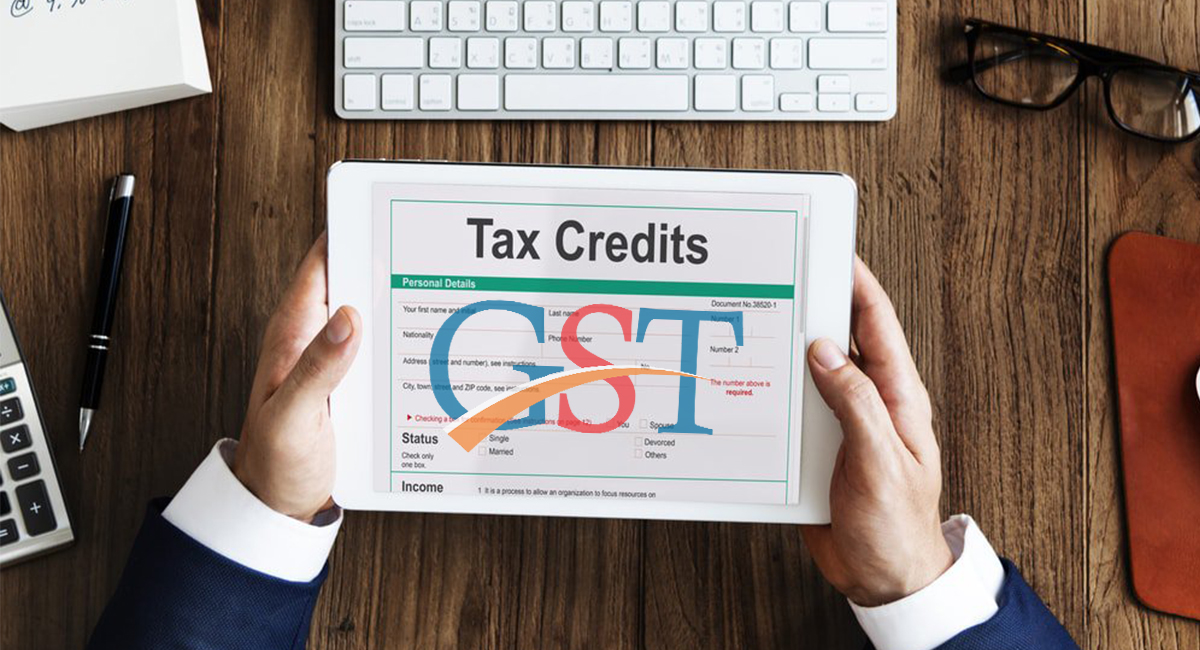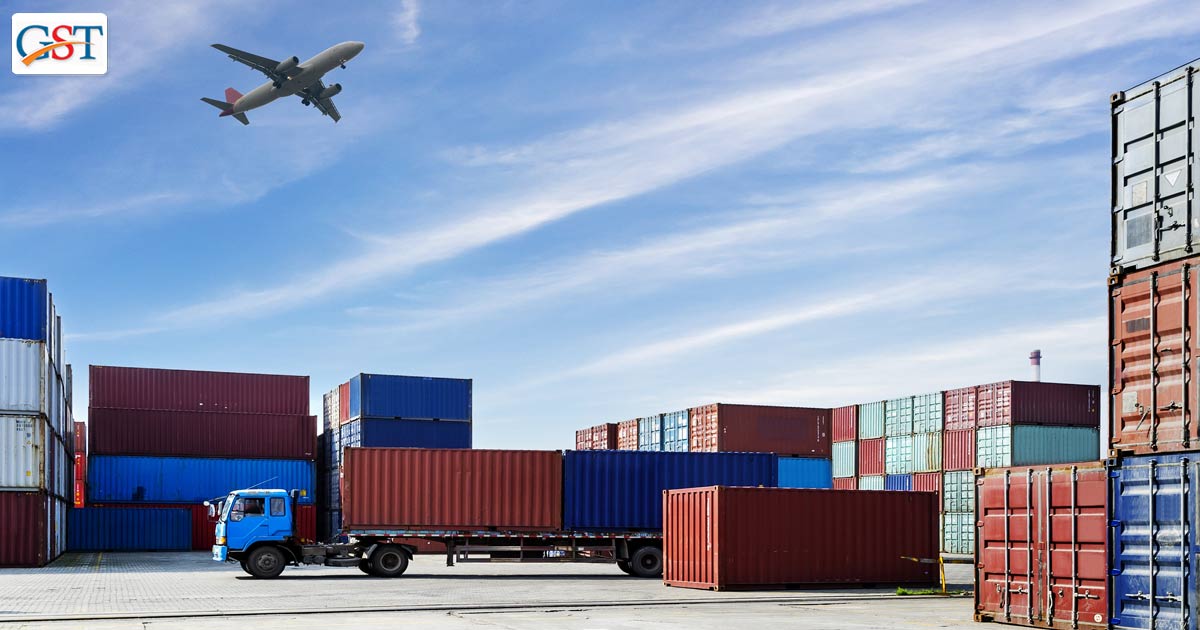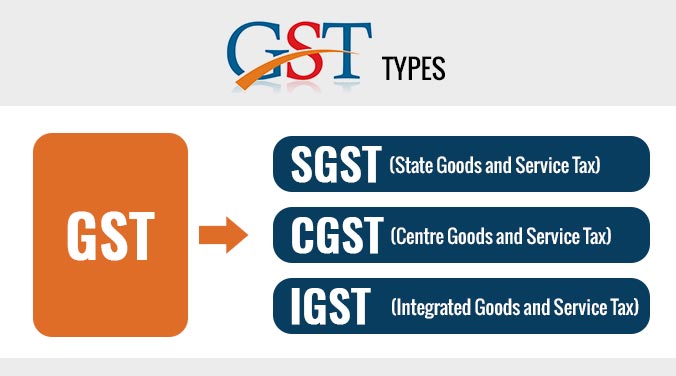
The government has suggested some amendments to be made in the Goods and Services Tax (GST) to counter the increasing number of frauds in exports. The reports of investigations conducted have found that a large number of exporters overestimate the exports in the records in order to claim higher amounts of Input Tax Credits (ITC) 
Restrict Zero Rated Supplies
The existing provisions under ‘zero-rated supplies’ has no cap over them, they are not restricted. The government has now suggested that the supplies under zero-rated supplies should be restricted to 1.5 times similar supplies in the regional areas. For example, suppose the price of a product under regional areas is INR 200 per unit then the value of zero-rated supplies should be limited to INR 300 per unit.
Rajat Bose, a partner at Shardul Amarchand Mangaldas said that the restriction on zero-rated supplies may not work out as expected and the decision is also sensitive to judicial scrutiny.
Jigar Joshi, a GST consultant said, “Cap on value requires checking the export value and domestic value of each type of goods. This may or may not be applicable to all the cases and the near future might see exemptions or clarifications in respect of goods covered’.
Read Also: GST Impact on Export Industry in India

Mandatory Repayments of Excessive ITC
The government has suggested that it should be made mandatory for the exporters to re-pay the excess input tax credited to them in due time. It was also said that the repayments will not be required to be credited if the Reserve Bank of India (RBI) says so.
Deloitte’s senior director Saloni Roy said, ‘Exporters are only required to prove that exports are made. With the proposed amendment, the shortcoming is being addressed on both fronts—one must now prove realization of sale proceeds and that too, within the corresponding time limits’. She also said that the repayments will not be mandatory if it hurts the financial situation of the exporter. Under certain cases, the exports are done on a credit basis so no ITC repayments will be required in such cases.
Current Provisions of GST for Exports
Section 16 of International Goods and Services Tax states that no GST has to be paid under the cases of ‘Zero related supplies’. ITC can be credited to a registered assessee under zero related supplies in the following ways:
- Without IGST payments

- After IGST Payments: Claimed by a registered person after paying IGST
The exporter can debit his e-ledger of credit to claim ITC and pay his GST liability.








